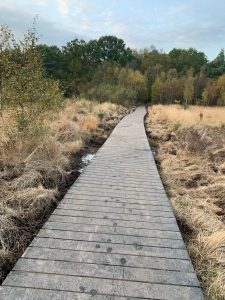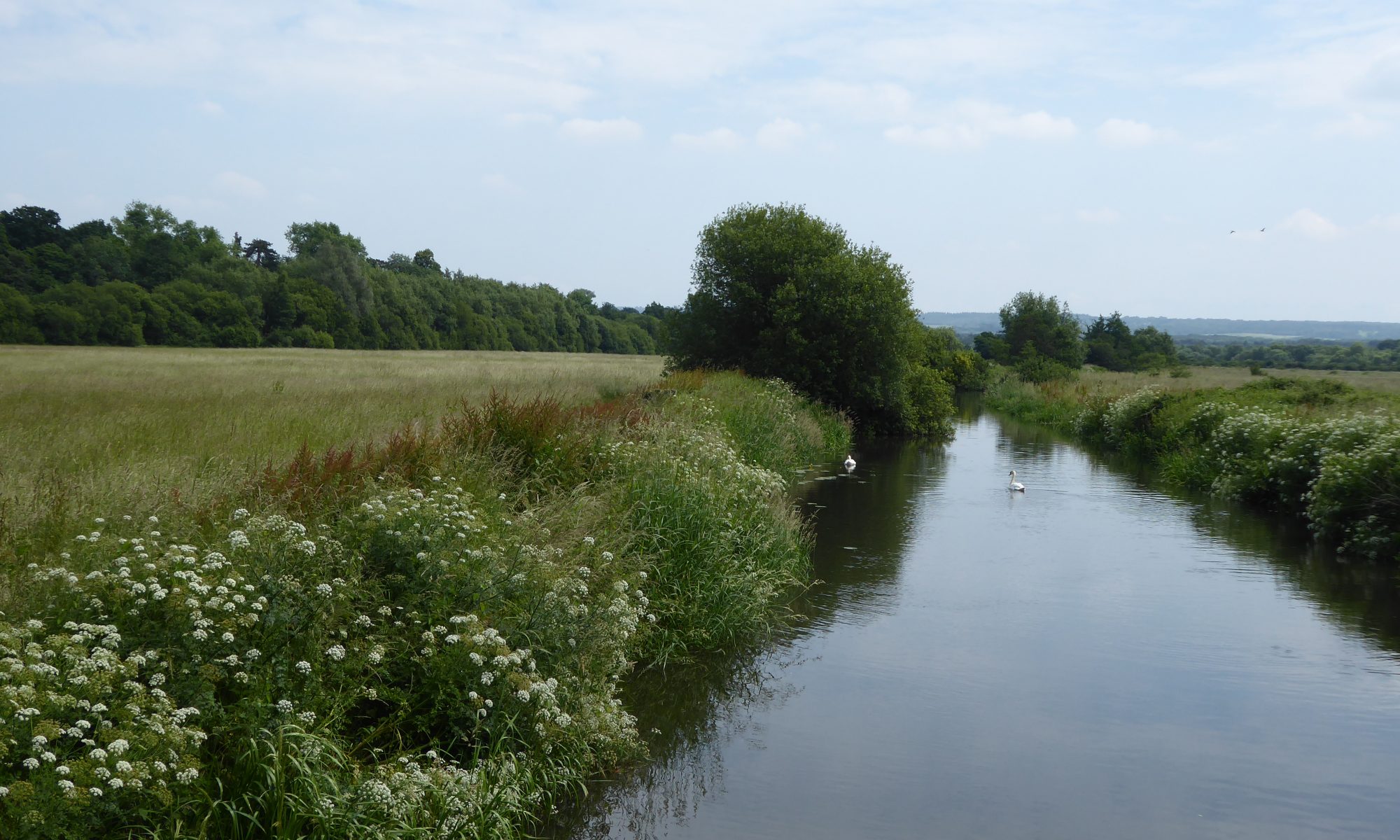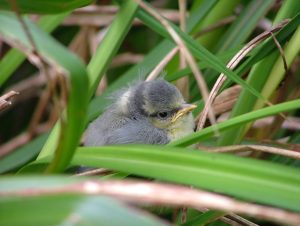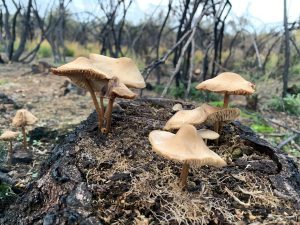
Having kept my powder dry for a couple of weeks, and aware of the fact that nobody is likely to listen, I have finally decided to put words to my concerns both for Surrey and the rest of England.
Call be narrow minded or over focused on one issue but I find the existence of “elephants in the room” hard to ignore.
Much is being written and spoken about the climate emergency and the collapse of biodiversity in the UK. Comment and commitments are continually being made by national and local government, pressure groups, NGOs, in fact it seems that everybody has something to say on the 2 topics.
The government finally put forward an Environment Bill (without any certainty that it will now become a reality) and we can now all read the latest State of Nature report. Nearly all of it perfectly laudable in its intent and desired outcome. So what is my problem?
It is stating the obvious that an essential part of protecting Biodiversity and helping to reverse its dramatic decline is to protect what Biodiversity you still have. To at least attempt this requires immediate, constant, sustainable management which requires immediate, stable, sustainable funding.
Hoped for improvements in funding countryside management through the use of planing system and offsetting or the expansion of the principles of Natural Capital are at this time hopes and do not address the fundamental question of who pays, right now, for the management of countryside and the protection of our increasingly appreciated but threatened Biodiversity?
In Surrey we have the largest public open space (largely sites of major importance to Biodiversity) landowner, Surrey County Council still bizarrely promoting the importance of enhancing Biodiversity on one hand whilst maintaining the ridiculous position that managing the countryside should and could be self financing! I could puke at the stupidity of it.
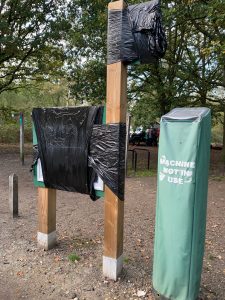
Treating Biodiversity as some weird kind of political issue extends to national government as well.
The flagship wildlife sites, Biodiversity hot spots, are meant to be the designated National Nature Reserves. There are presently 224 of these wonderful places in England, some small but most are hundreds of hectares. So you would think that at least the management of these gems would be secure?
Of the 224 NNRs the majority of them, about 150, are managed by Natural England. By my very rough estimate that means about 60,000 hectares of land is meant to be managed by an organisation that has been financially gutted by successive governments. Natural England’s annual budget has been cut over the last 10 years from £242 million to under £100 million and its staff from around 2500 to around 1500. Now I know that managing the NNRs is only one part of the duties of Natural England but I also know that cutting the overall budget has had real and pretty dire consequences for the teams trying to manage these supposedly critical reservoirs of Biodiversity. We now live in a political world where even the Chief Executive of Natural England stating they have insufficient funding to manage the NNRs raises little comment, not even criticism from ill informed MPs.
What I find even more bewildering is that we are not really talking about huge sums of money, 10s of £millions not the £billions promised to tackle climate change or build HS2. Surrey County Council should be contributing at least a £million to manage their estate and I would suggest that a sustainable budget for the NE managed NNRs should be ring fenced and protected from cuts.
Why is the funding for managing sites of such importance to Biodiversity so ignored or marginalised? If you are a conspiracy theorist then there is plenty of scope for imagination to run wild but my tendency is that the overwhelming majority of politicians either just don’t care or simply don’t believe that government should have a role in directly managing land at all, least of all land important for Biodiversity. My suspicion is that the latter group of politicians think it’s easier and maybe better for conservation land management to be undertaken by charities like the RSPB and National Trust.
Recent history shows that even the Royal Parks were not regarded as important enough for the tax payer to fund directly and have quietly been charitablised. There have been past attempts to sell of the state forestry land and an aborted attempt to shift the Natural England NNRs to a further new charity, the first became such a hot political potato that I doubt that any government will repeat the attempt but the second I fully expect to be revisited.
What is so wrong about using tax payers money to protect Biodiversity directly through the conservation management of land that all of us as tax payers own?
Why is it politically acceptable to spend billions on anything related to climate change but not Biodiversity?
When you vote do ask yourself these questions.
